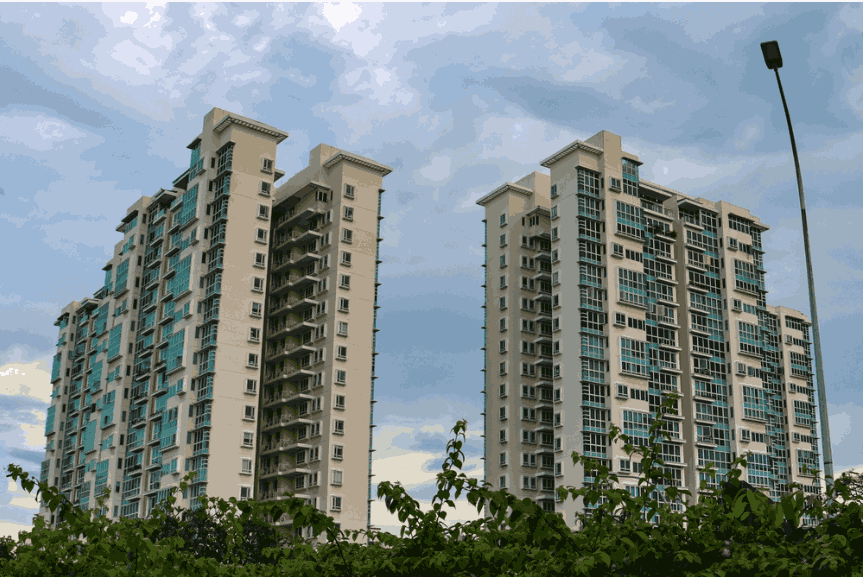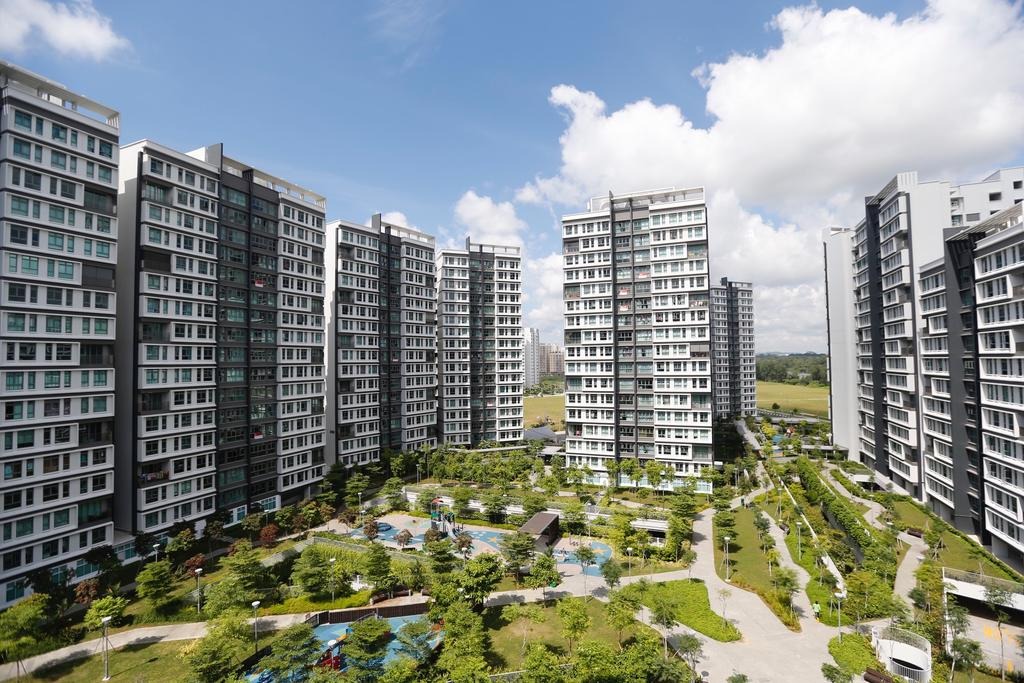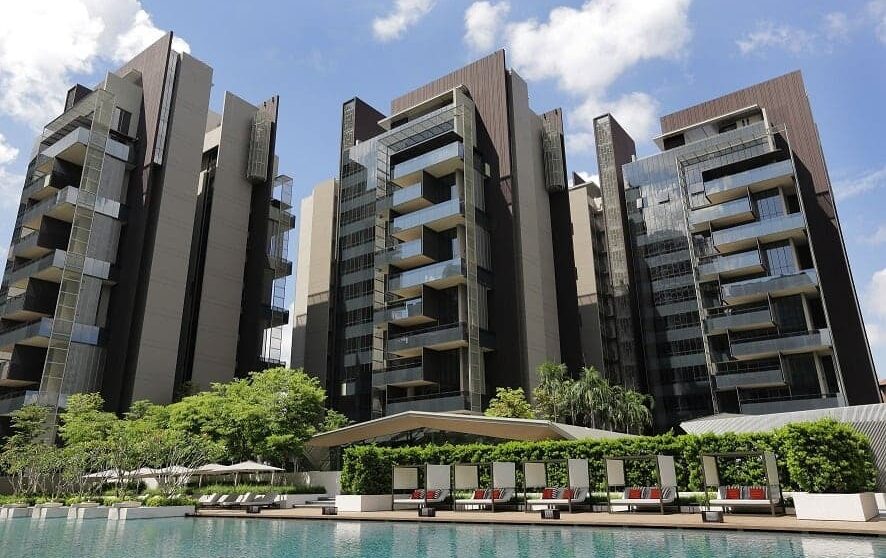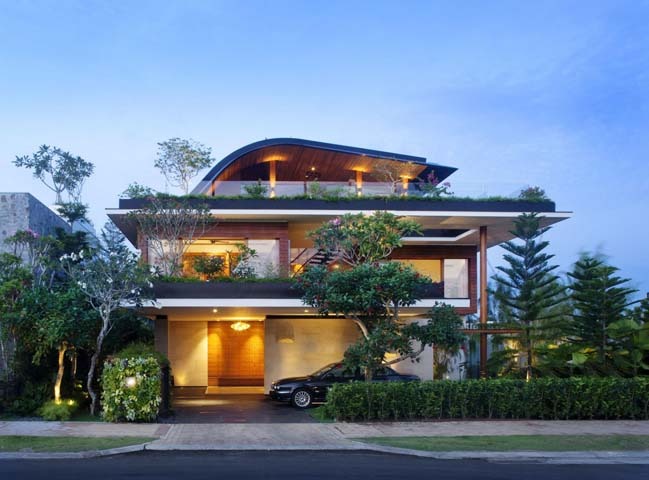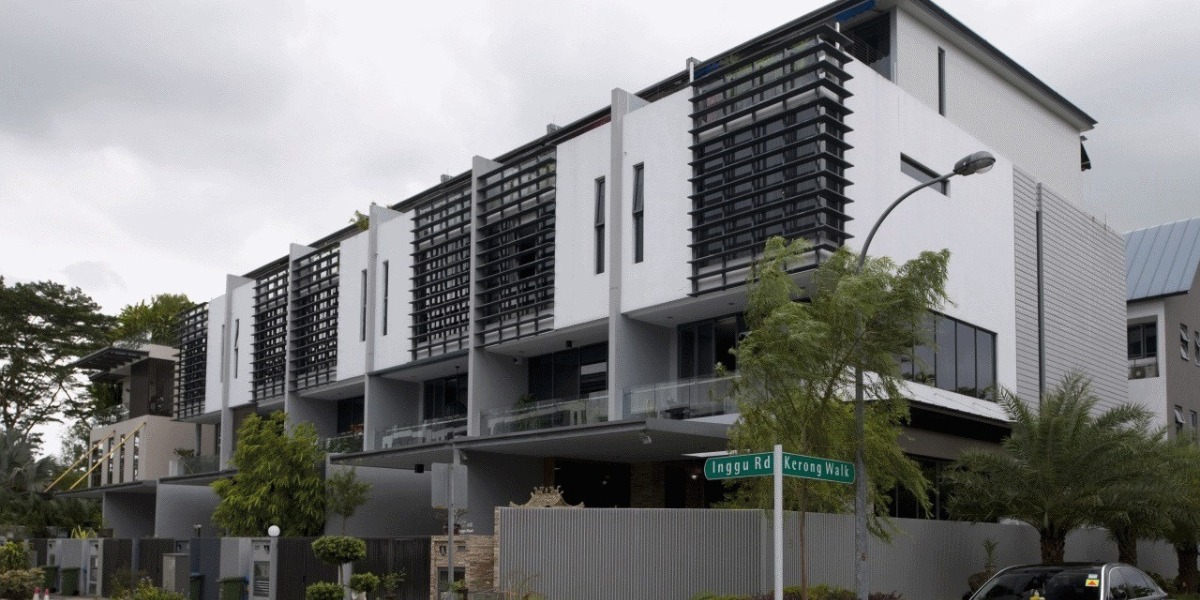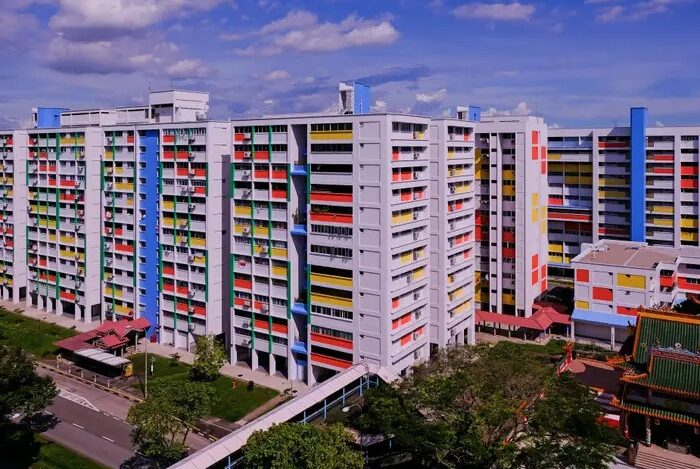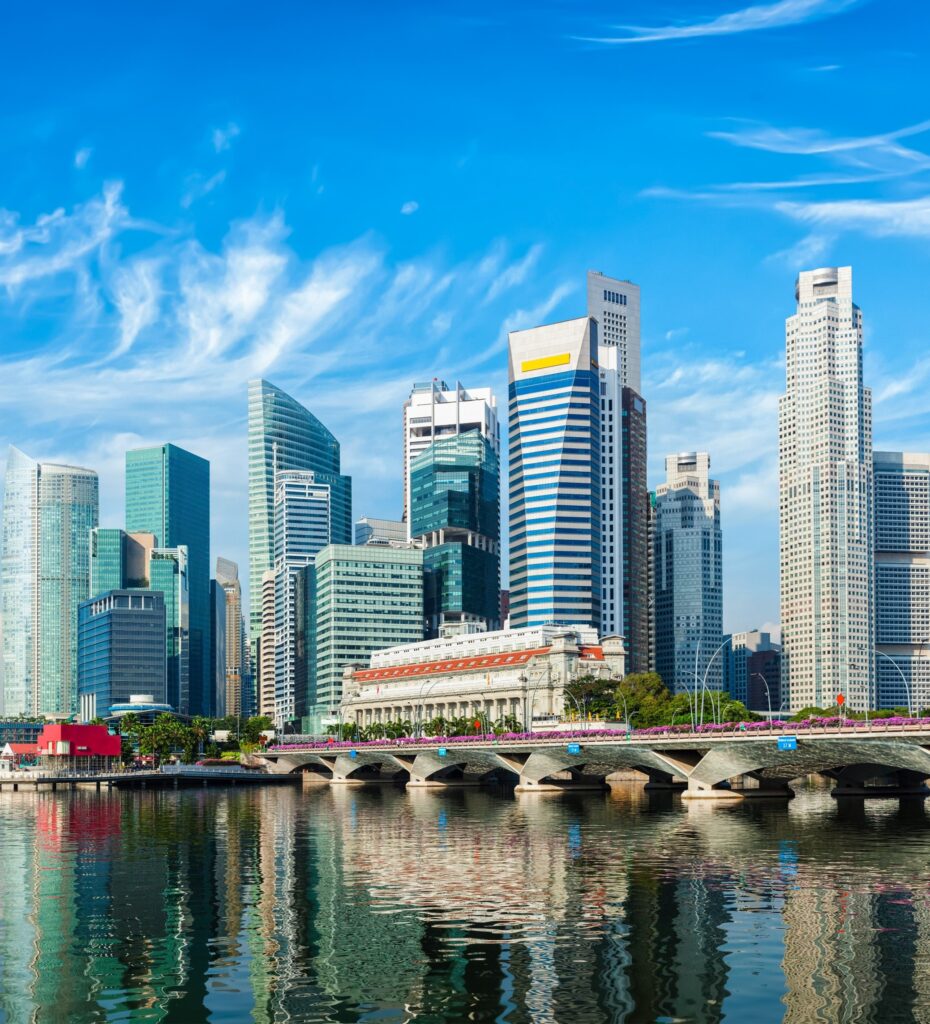Singapore’s Property Market 2024: Resilience and a Bright 2025 Ahead
The Singapore residential property market ended 2024 on a strong note, overcoming earlier challenges and setting a promising tone for 2025. With significant economic improvements, favorable interest rate adjustments, and vibrant property launches, the market showcased remarkable stability and growth. Let’s dive deeper into the key drivers and what lies ahead for 2025. Economic Growth: A Solid Foundation for Market Confidence in 2025 Singapore’s economy grew by a robust 5.4% year-on-year in Q3 2024, a sharp rise from the 3% growth in the previous quarter. Key sectors like manufacturing, wholesale trade, and finance played a significant role in this rebound. In response, the Ministry of Trade and Industry revised the GDP growth forecast to 3.5%, reflecting renewed optimism. The labor market mirrored this economic resurgence with notable improvements: Additionally, inflation eased significantly, with overall inflation at 2.2% in Q3, its lowest since Q2 2021. Accommodation inflation fell to 2.9%, a sharp drop from the peak of 4.9% in Q1 2023, boosting real incomes for Singaporeans. Interest Rate Cuts: A Game-Changer for Homebuyers In September 2024, the U.S. Federal Reserve implemented its long-awaited interest rate cut, reducing borrowing costs globally. A second cut in November brought the total reduction to 50 basis points, with the target range set at 4.50% – 4.75%. This move significantly impacted Singapore’s housing market, reinvigorating buyer interest and making property purchases more accessible. Lower borrowing costs also spurred greater activity across both new launches and resale markets. New Launches Steal the Spotlight The property market witnessed a surge in successful launches during Q4 2024. Projects such as 8@BT, Meyer Blue, and Norwood Grand attracted strong interest from buyers. Notably, the Emerald of Katong recorded near sell-out success during its launch weekend. These launches demonstrated renewed confidence among developers and buyers, reflecting the market’s resilience and adaptability. Resale and Sub-Sale Segments: Consistent Momentum The resale and sub-sale markets remained buoyant throughout 2024, benefiting from the steady completion of new developments. Many homeowners chose to sell completed units, creating a steady supply of resale properties. Key drivers of activity in this segment included: HDB Resale Market: Record-Breaking Growth The HDB resale market reached new heights in Q4 2024: Demand for resale flats remained robust due to limited supply of units meeting the Minimum Occupation Period (MOP) and sustained buyer interest. Private Residential Market: Stable and Strong Growth The private residential market also demonstrated steady progress: These metrics highlight the sector’s continued appeal, driven by strategic launches and steady demand. What to Expect in 2025: A Promising Horizon As we look to 2025, the property market appears poised for continued growth. Several factors contribute to this positive outlook: Potential challenges include global economic uncertainties and the need for cautious investment decisions. However, with proper guidance and informed choices, the market presents promising opportunities for buyers and investors. Conclusion: A Resilient Market Sets the Stage for 2025 The Singapore property market’s strong performance in 2024 showcases its ability to adapt and thrive amidst global and local challenges. With robust economic growth, attractive launches, and easing financial conditions, the sector has laid a solid foundation for a successful 2025. Whether you’re considering upgrading, investing, or entering the property market for the first time, 2025 offers a wealth of opportunities. Stay informed, consult experts, and make prudent decisions to capitalize on the market’s potential

